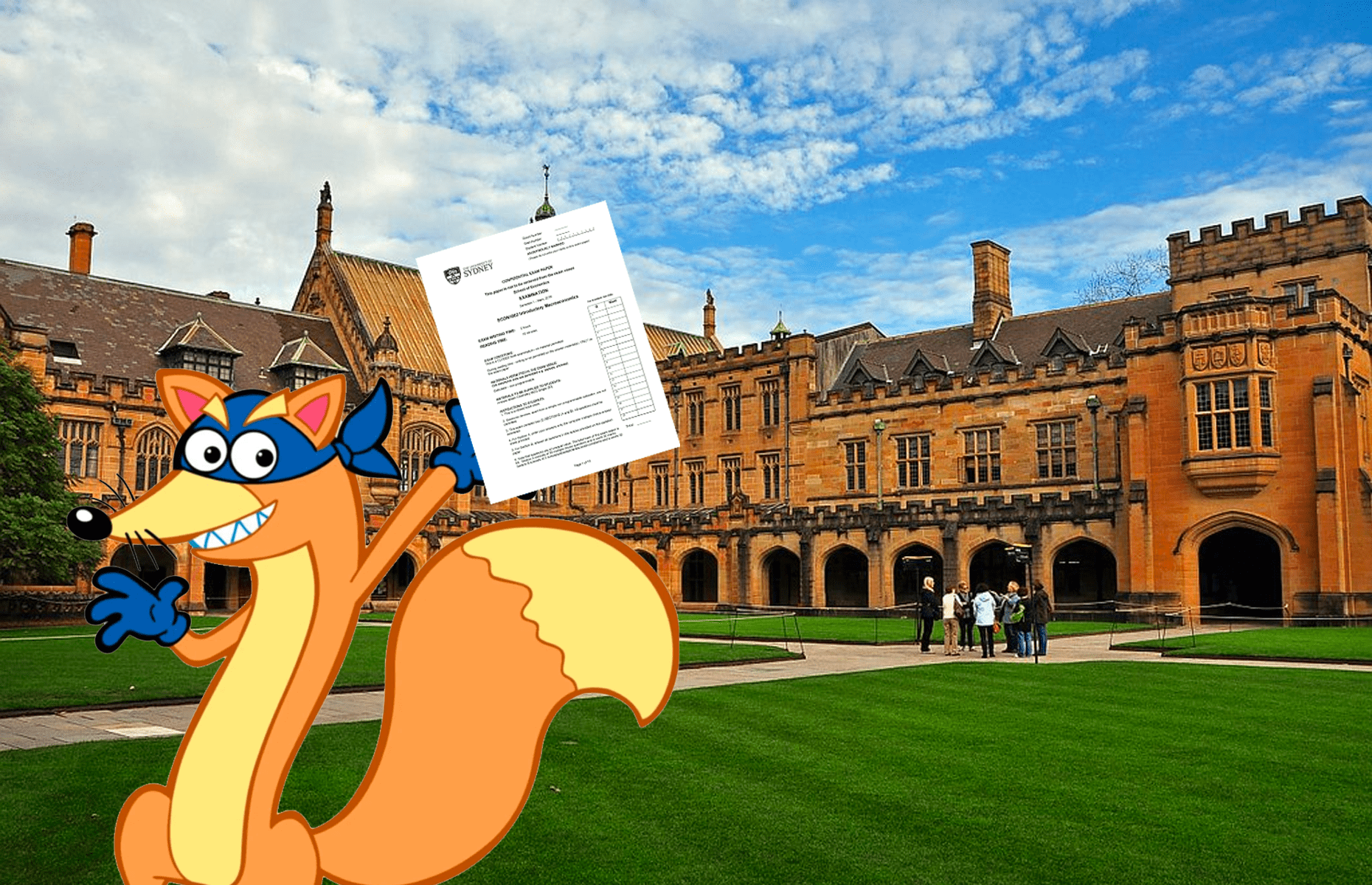The University of Sydney’s Industry and Community Project and Interdisciplinary Impact units are a dreaded part of many student’s degrees. After biting the bullet and accepting the approximately $1000 addition to their HECS debt, students have been caught unaware that the unit’s ‘responding to real world problems’ tagline means that they will be providing uncompensated labour to third party companies. In other terms: we are paying for the privilege of relinquishing our intellectual property (IP).
In the fine print of the ICPU’s eligibility page is a small passage mandating that students sign a ‘deed poll’ prior to commencing their first class. A deed poll is a legal document which indicates intention, and it is binding for the singular signing party (the student). In this particular deed poll, students agree to refrain from and adhere to the terms set by the university, which may include the reproduction of submitted work. It is somewhat expected that universities want the right to use students’ work for educational purposes and advertising future units. However, three noted requirements on the deed poll in question explicitly relate to student’s project industry partners: confidentiality, publication rights, and intellectual property licensing.
This means that the deed poll is effectively a non-disclosure agreement in all but name.
The non-disclosure agreement unilaterally prevents students from sharing or publishing any material about their industry partner without fear of legal consequences. It is also a precondition of participation that any IP created by you over the duration of the project is licensed to the University — so that it can be flogged off to their highest industry partner bidder. This is noted verbatim in the University’s deed poll, which states that the licensing “… is required so that such IP can be licensed by the University to the Industry partner.”
Given that one of the ICPU’s selling points is to increase graduate employability, it hardly seems fair that students have nothing to show for their semester’s worth of work. It is also absurd that, as a reward for reaching the third year of my degree, and having paid to do a compulsory unit required for graduation, I’d receive an email about the deed poll dictating I can’t even ascribe my name to my work.
Such a deed poll is not unheard of given the internship-like nature of these units; NDA’s are relatively common requirements of professional internships, and they are intended to ensure that projects which the company may be working on aren’t prematurely released or announced. However, the ICPU’s requirements still pose an ethical issue because students lack the autonomy to choose whether or not they undertake the unit. An entire 6 credit points of group work is already barely anyone’s cup of tea, but the completion of ICPUs is compulsory for all students enrolled in FASS degrees since curriculum reforms introduced in 2018. Given this, there is a poignant feeling that students are being coerced into paying their tertiary institution only to be pimped out to a paying corporate customer.
Required in order to graduate, this means that there is no real ability to ‘opt-out’ of ICPUs, nor their grip over students’ IP. Despite USyd’s assertion that students sign such an onerous NDA freely, one must question how free such a decision could be, if the only options are to agree or not graduate. To have the choice ripped away from me feels like a slap in the face.
The slap? A reminder of the Stockholm Syndrome chaining powerless students to the corporate university of the modern world.





